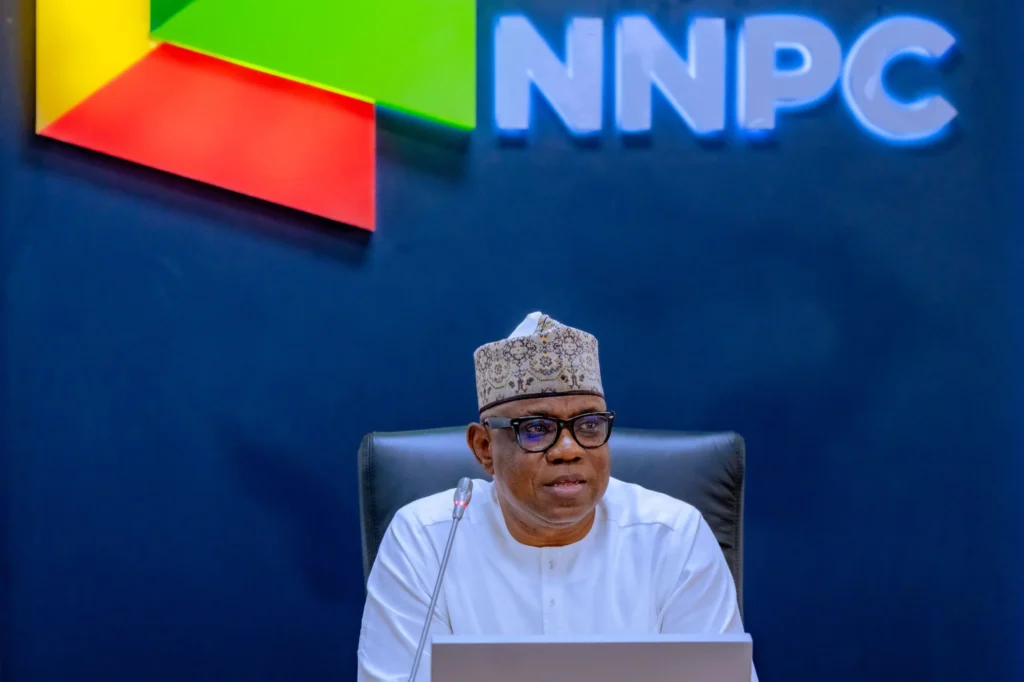- Safiu Kehinde
The Nigerian National Petroleum Company (NNPC) Ltd has reaffirmed its commitment to the development and revamping of downstream across the country to enhance collaboration and drive efficiency in the sector.
Group Chief Executive Officer of the NNPC, Engr. Bayo Ojulari, stated this at the opening ceremony of the 2025 OTL Africa Downstream Energy Week in Lagos on Monday.
Speaking on the conference’s theme “Energy Sustainability: Beyond Boundaries & Competition”, Ojulari said competition alone was no longer enough to drive efficiency.
The NNPC boss, as quoted in a statement issued by the company’s Chief Corporate Communications Officer, Andy Odeh, said that operators must embrace collaboration, sustainability, and resilience as the new benchmarks for success.
“At NNPC, we are committed to deploying additional infrastructure across the oil and gas value chain while revamping our existing downstream infrastructure nationwide. These assets will be accessible to partners seeking to store and transport products, supporting strategic alliances and collaboration in the downstream sector,” the NNPC GCEO said.
He further disclosed that a cocktail of factors ranging from strategic policies and fiscal incentives to transparent and well-structured regulatory frameworks exemplified by the PIA have engendered expansion and growth in the sector requiring new skill sets and further investments in new lines of business such as Liquefied Petroleum Gas (LPG), Compressed Natural Gas (CNG), and mini-LNG projects.
Ojulari urged participants at the conference to discuss challenges and align on opportunities to redefine energy systems in ways that are both profitable and sustainable.
He also charged them to forge cross-sector partnerships that transcend traditional competition, and to explore innovative business models and technologies that support decarbonization while driving economic value.
According to Odeh, the OTL Africa Downstream Energy Week is the continent’s leading downstream and midstream energy event for international organizations, policy makers, regulators, development organisations, operators, service providers, and consumers in the downstream energy value-chain.


